October 2 stands as one of history’s most eventful days, witnessing the rise and fall of empires, groundbreaking discoveries, and moments that shaped our modern world across centuries of human achievement.

Politics and Government Events on October 2
1919 – President Wilson Suffers Catastrophic Stroke
U.S. President Woodrow Wilson suffered a devastating stroke at the White House, leaving him physically and mentally incapacitated. This medical crisis occurred just seven days after Wilson collapsed following a speech in Pueblo, Colorado.
The stroke effectively ended Wilson’s active presidency, though his condition was largely concealed from the public. His wife Edith Wilson assumed many presidential duties, creating an unprecedented constitutional crisis that lasted until the end of his term.
1967 – Thurgood Marshall Sworn In as Supreme Court Justice

Thurgood Marshall took the oath of office as the first African-American justice of the United States Supreme Court. This historic appointment marked a watershed moment in American civil rights history.
Marshall’s elevation to the nation’s highest court represented the culmination of decades of legal battles against segregation. His appointment symbolized progress toward racial equality in American jurisprudence and society.
1958 – Guinea Declares Independence from France
Guinea officially declared its independence from France, becoming the first French colony in West Africa to achieve sovereignty. The newly independent nation faced immediate economic challenges as France withdrew all support.
Guinea’s bold decision to reject continued French colonial rule inspired other African independence movements. The country’s leader, Sékou Touré, famously declared that Guinea preferred “poverty in freedom to riches in slavery.”
1971 – South Vietnamese President Re-elected in Solo Contest
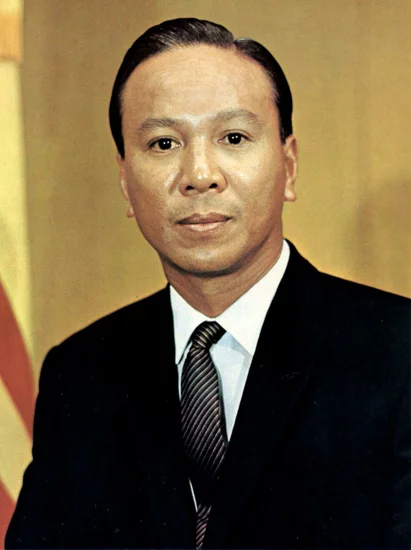
South Vietnamese President Nguyen Van Thieu secured re-election in a controversial one-man election. His opponents had withdrawn from the race, citing electoral irregularities and unfair campaign conditions.
The unopposed election highlighted the fragility of South Vietnamese democracy during the Vietnam War. International observers criticized the process as a sham that undermined the legitimacy of the Saigon government.
2007 – Historic Inter-Korean Summit Begins
South Korean President Roh Moo-hyun traveled to North Korea for a groundbreaking summit with Kim Jong-il. This diplomatic meeting represented a rare moment of détente between the divided Korean nations.
The summit aimed to reduce tensions and explore economic cooperation between North and South Korea. Despite high hopes, the meeting produced limited concrete results in the long-term relationship between the two countries.
Military and Naval History on October 2
1942 – RMS Queen Mary Rams HMS Curacoa
The ocean liner RMS Queen Mary accidentally collided with and sank the British cruiser HMS Curacoa during World War II. The tragic accident resulted in the deaths of over 300 Royal Navy crewmen aboard the Curacoa.
The collision occurred during a routine escort mission in the North Atlantic. The incident was kept secret for years due to wartime censorship, highlighting the dangers faced by both military and civilian vessels during the conflict.
1944 – Warsaw Uprising Ends in Defeat
German forces successfully suppressed the Warsaw Uprising, crushing the Polish resistance movement after 63 days of fierce fighting. The failed rebellion resulted in the systematic destruction of Warsaw and massive civilian casualties.
The uprising’s collapse marked a devastating blow to Polish hopes for liberation. German troops methodically demolished remaining sections of the city, leaving Warsaw in ruins and its population decimated.
1920 – Ukrainian War Ceasefire Ordered
Soviet commander Mikhail Frunze ordered the Red Army to cease hostilities with the Revolutionary Insurgent Army of Ukraine. This military decision marked a temporary pause in the brutal conflict that had devastated the Ukrainian countryside.
The ceasefire represented a strategic calculation by Soviet forces rather than a genuine peace agreement. The pause allowed both sides to regroup before resuming their struggle for control of Ukrainian territory.
1937 – Trujillo Orders Haitian Border Massacre
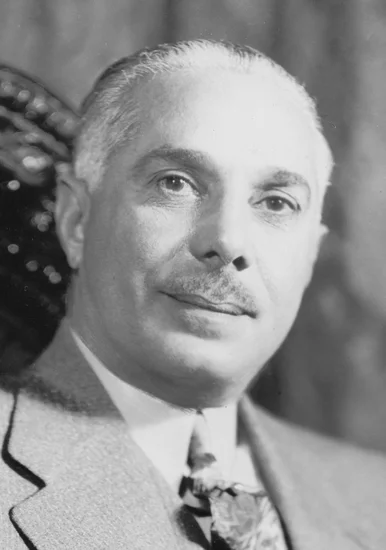
Dominican dictator Rafael Trujillo commanded the execution of Haitians living in the border region between the two countries. This genocidal order initiated one of the most horrific massacres in Caribbean history.
The systematic killing of Haitian civilians reflected deep-seated racial tensions and Trujillo’s ultranationalist policies. Thousands of innocent people perished in what became known as the Parsley Massacre, named after the pronunciation test used to identify victims.
Science and Discovery Milestones on October 2
1953 – Émilie Busquant’s Revolutionary Textile Work
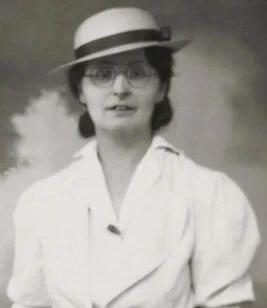
French anarcho-syndicalist Émilie Busquant passed away, remembered for her remarkable contribution to Algerian independence by sewing the first Flag of Algeria. Her textile craftsmanship became a symbol of revolutionary fervor and national identity.
Busquant’s work represented the intersection of artistic skill and political activism. Her creation of the Algerian flag demonstrated how everyday crafts could serve powerful political purposes in liberation movements.
1987 – Nobel Laureate Peter Medawar Dies

Brazilian-English biologist Peter Medawar, a Nobel Prize laureate, passed away after making groundbreaking contributions to immunology and organ transplantation. His research revolutionized understanding of tissue rejection and immune system function.
Medawar’s work on acquired immunological tolerance opened new possibilities for organ transplantation. His scientific discoveries saved countless lives by making successful transplant surgeries possible for patients worldwide.
1988 – Mini Car Designer Alec Issigonis Dies

English automotive designer Alec Issigonis died, leaving behind a revolutionary legacy in car design through his creation of the iconic Mini. His innovative approach to small car engineering transformed the automotive industry.
Issigonis’s Mini represented a paradigm shift in automobile design, maximizing interior space while minimizing external dimensions. His engineering brilliance created one of the most beloved and influential cars in automotive history.
Cultural and Arts Events on October 2
1968 – Marcel Duchamp’s Artistic Legacy Ends
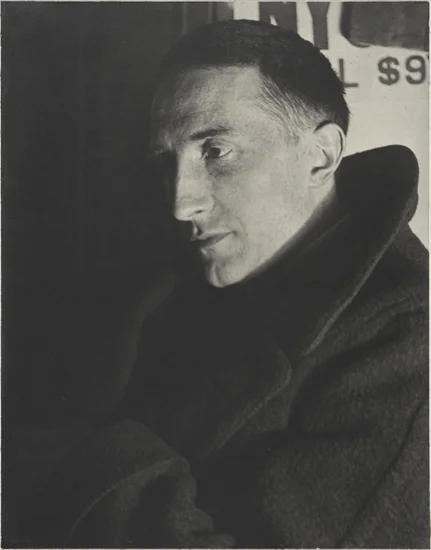
Revolutionary French artist Marcel Duchamp died, concluding a career that fundamentally transformed modern art. His conceptual approach to art challenged traditional notions of artistic creation and aesthetic value.
Duchamp’s “readymades” and conceptual pieces redefined what could be considered art. His influence extended far beyond painting and sculpture, inspiring generations of artists to question conventional artistic boundaries.
2017 – Tom Petty’s Musical Journey Concludes

American rock musician Tom Petty passed away, ending a legendary career that defined American rock music for decades. His distinctive voice and songwriting shaped the sound of popular music from the 1970s through the 2000s.
Petty’s work with the Heartbreakers and as a solo artist produced countless classic songs. His music resonated with millions of fans worldwide, cementing his status as one of America’s greatest rock songwriters.
1920 – Composer Max Bruch Dies

German composer and conductor Max Bruch passed away, leaving behind a rich legacy of romantic classical music. His compositions, particularly his violin concertos, remain staples of the classical repertoire.
Bruch’s melodic genius and masterful orchestration influenced generations of composers. His works bridged the gap between classical and romantic musical traditions, creating timeless pieces that continue to captivate audiences.
Religious and Social Events on October 2
1928 – Opus Dei Founded
The Catholic organization known as Opus Dei was officially founded, establishing what would become one of the most influential and controversial religious movements within the Catholic Church. The organization promoted spiritual development through ordinary work and daily activities.
Opus Dei’s unique approach to Catholic spirituality emphasized finding God in everyday professional and personal life. The organization grew rapidly worldwide, attracting both devoted followers and critics who questioned its secretive practices and conservative theology.
1968 – Tlatelolco Massacre in Mexico

Mexican President Gustavo Díaz Ordaz ordered soldiers to violently suppress a peaceful student demonstration in Mexico City. The massacre occurred just ten days before the opening of the 1968 Summer Olympics, shocking the international community.
The brutal crackdown on unarmed students highlighted the authoritarian nature of Mexico’s government. The tragedy became a defining moment in Mexican history, inspiring decades of social and political reform movements.
2006 – Amish School Shooting Tragedy
A devastating school shooting in Pennsylvania resulted in the deaths of five Amish girls, shocking the peaceful Amish community. The tragedy highlighted the vulnerability of even the most isolated communities to violence.
The Amish community’s response of forgiveness toward the shooter’s family demonstrated their commitment to their religious principles. Their gracious reaction to unimaginable tragedy inspired people worldwide and sparked discussions about forgiveness and healing.
Business and Economic Events on October 2
1996 – Electronic Freedom of Information Act Signed
President Bill Clinton signed the Electronic Freedom of Information Act Amendments, modernizing government transparency laws for the digital age. This legislation required federal agencies to provide information in electronic formats.
The act represented a significant step toward digital government transparency and accountability. Citizens gained improved access to government documents and information, strengthening democratic participation in the information age.
1992 – Carandiru Prison Massacre
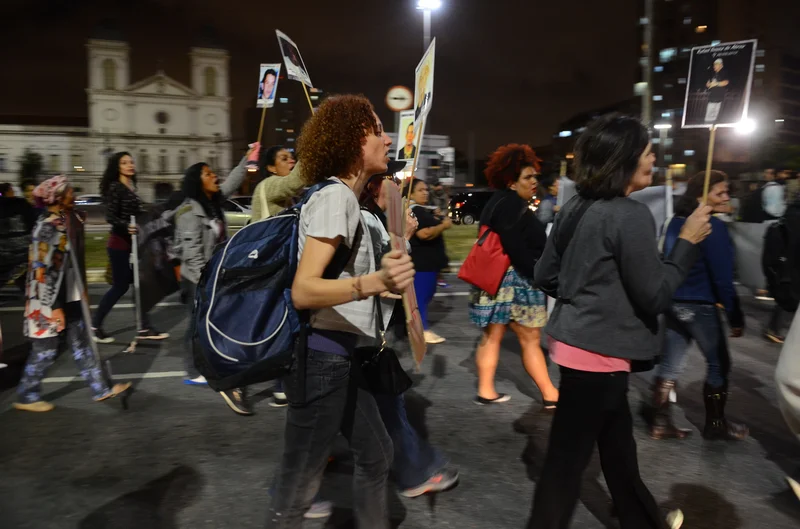
Military police stormed the Carandiru Penitentiary in São Paulo, Brazil, during a prison riot, resulting in the deaths of 111 prisoners. The violent intervention exposed Brazil’s problematic prison system and human rights violations.
The massacre became a symbol of Brazil’s failure to address prison overcrowding and inhumane conditions. The tragedy prompted international criticism and calls for comprehensive prison reform throughout Latin America.
1980 – Congressman Michael Myers Expelled
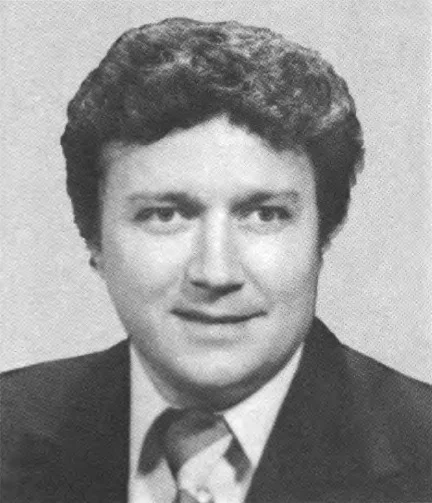
Michael Myers became the first member of Congress expelled since the Civil War, marking a significant moment in American political accountability. His expulsion followed corruption charges related to the FBI’s Abscam investigation.
Myers’s expulsion demonstrated that Congress could still police its own members despite partisan divisions. The rare disciplinary action reinforced the principle that elected officials must be held accountable for criminal behavior.
Transportation and Infrastructure on October 2
1970 – Wichita State University Football Team Crash

A chartered aircraft carrying the Wichita State University football team crashed in Colorado, killing 31 people including players, administrators, and supporters. The tragedy devastated the university community and shocked the college sports world.
The crash led to improved safety regulations for charter flights carrying athletic teams. The university temporarily suspended its football program, and the tragedy remained a defining moment in the school’s history.
1971 – British European Airways Flight 706 Crashes

British European Airways Flight 706 crashed near Aarsele, Belgium, killing all 63 people aboard. The accident highlighted ongoing concerns about aviation safety in European commercial flight operations.
The crash prompted investigations into aircraft maintenance procedures and pilot training protocols. Aviation authorities implemented new safety measures to prevent similar tragedies in European airspace.
1990 – Xiamen Airlines Hijacking and Crash

Xiamen Airlines Flight 8301 was hijacked and diverted to Guangzhou, where it crashed into two other aircraft on the ground. The incident resulted in 132 deaths and marked one of China’s worst aviation disasters.
The hijacking exposed security vulnerabilities in Chinese aviation and prompted comprehensive reforms. The tragedy led to enhanced airport security measures and improved emergency response procedures at Chinese airports.
1996 – Aeroperú Flight 603 Ocean Crash

Aeroperú Flight 603 crashed into the Pacific Ocean near Peru, killing all 70 people aboard. The accident was caused by blocked static ports that provided incorrect airspeed and altitude readings to the pilots.
The crash highlighted the critical importance of pre-flight maintenance checks and instrument reliability. Aviation authorities worldwide implemented stricter maintenance protocols to prevent similar technical failures.
Sports and Recreation on October 2
2004 – First Parkrun Launches
The first parkrun, originally called the Bushy Park Time Trial, took place in Bushy Park, London. This inaugural event launched what would become a global phenomenon of free, weekly, timed 5K runs.
The grassroots running movement grew from a single event with 13 participants to a worldwide community. Parkrun’s success demonstrated the power of accessible, inclusive fitness activities to transform public health and social connections.
1973 – Finnish Running Legend Paavo Nurmi Dies
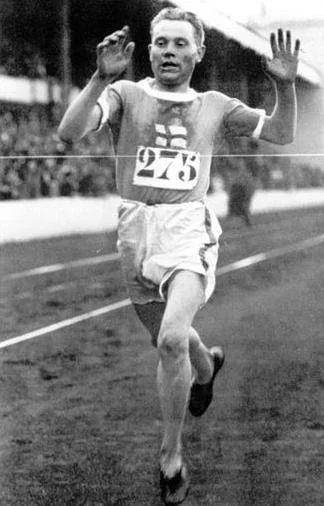
Finnish distance runner Paavo Nurmi passed away, ending the life of one of the greatest athletes in Olympic history. Known as the “Flying Finn,” Nurmi dominated middle and long-distance running in the 1920s.
Nurmi’s innovative training methods and tactical brilliance revolutionized distance running. His nine Olympic gold medals and numerous world records established him as one of the most successful Olympic athletes of all time.
1973 – Entertainer Paul Hartman Dies

American actor and dancer Paul Hartman died, concluding a career that spanned vaudeville, Broadway, and television. His versatile talents entertained audiences across multiple entertainment mediums throughout the mid-20th century.
Hartman’s work in early television comedy helped establish the medium’s entertainment value. His performances in shows like “The Andy Griffith Show” brought joy to millions of American families during television’s golden age.
Notable Births on October 2
1904 – Graham Greene, Literary Master

English novelist Graham Greene was born, destined to become one of the 20th century’s most influential writers. His exploration of moral ambiguity and religious themes would define modern literary fiction.
Greene’s novels like “The Power and the Glory” and “The Heart of the Matter” established him as a master of psychological realism. His work earned international acclaim and influenced generations of writers worldwide.
1945 – Don McLean, Musical Storyteller

American singer-songwriter Don McLean entered the world, later creating some of the most memorable songs in popular music history. His epic composition “American Pie” would become a cultural touchstone.
McLean’s ability to weave complex narratives into popular songs set him apart from his contemporaries. His music captured the changing American cultural landscape of the 1960s and 1970s with remarkable insight.
1956 – Sting, Musical Icon

English musician Sting was born, destined to become one of the most successful and innovative artists in popular music. His work with The Police and as a solo artist would span multiple decades and genres.
Sting’s musical versatility and social consciousness made him a unique figure in popular culture. His songs addressed environmental issues, human rights, and social justice while maintaining commercial appeal.
1954 – Annie Leibovitz, Photographic Visionary

American photographer Annie Leibovitz was born, later becoming one of the most celebrated portrait photographers in history. Her iconic images would define celebrity photography and artistic portraiture.
Leibovitz’s work for Rolling Stone and Vogue magazines revolutionized magazine photography. Her portraits of cultural figures became as famous as her subjects, establishing photography as high art.
1948 – Donna Karan, Fashion Revolutionary

American fashion designer Donna Karan was born, destined to transform women’s fashion with her innovative designs. Her creation of DKNY would make high fashion accessible to working women worldwide.
Karan’s understanding of modern women’s needs revolutionized fashion design. Her comfortable yet stylish clothing empowered women to succeed in professional environments while maintaining feminine elegance.
1904 – Lal Bahadur Shastri, Indian Statesman

Indian politician Lal Bahadur Shastri was born, later becoming Prime Minister of India during a critical period in the nation’s history. His leadership during the Indo-Pakistani War of 1965 demonstrated his courage and dedication.
Shastri’s famous slogan “Jai Jawan Jai Kisan” (Hail the Soldier, Hail the Farmer) embodied his commitment to both national defense and agricultural development. His humble lifestyle and principled leadership made him beloved by the Indian people.
1907 – Alexander Todd, Nobel Prize Winner

Scottish biochemist Alexander Todd was born, later winning the Nobel Prize for his groundbreaking work on nucleotides and nucleotide co-enzymes. His research laid the foundation for understanding DNA and RNA structure.
Todd’s scientific discoveries revolutionized biochemistry and molecular biology. His work on the chemical structure of nucleic acids contributed to the eventual discovery of DNA’s double helix structure.
1914 – Jack Parsons, Rocket Pioneer
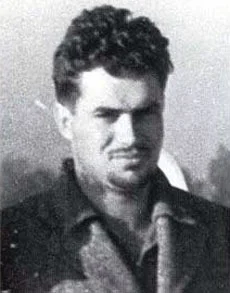
American rocket engineer Jack Parsons was born, later becoming a key figure in the development of rocket propulsion technology. His work at the Jet Propulsion Laboratory helped launch the American space program.
Parsons combined scientific brilliance with unconventional personal interests, including occultism. Despite his controversial lifestyle, his contributions to rocket science were instrumental in America’s eventual space exploration achievements.
Notable Deaths on October 2
1927 – Svante Arrhenius, Chemistry Nobel Laureate

Swedish physicist and chemist Svante Arrhenius died, concluding a career that fundamentally advanced scientific understanding of chemical reactions and climate. His work on electrolytic dissociation earned him the Nobel Prize in Chemistry.
Arrhenius’s theory of ionic dissociation revolutionized chemistry and laid the groundwork for modern electrochemistry. His early work on greenhouse gases also pioneered climate science, predicting the effects of atmospheric carbon dioxide.
1998 – Gene Autry, Singing Cowboy

American actor and singer Gene Autry passed away, ending the career of one of the most beloved entertainers in American popular culture. His singing cowboy persona defined Western entertainment for generations.
Autry’s movies and music brought joy to millions of Americans during the Great Depression and World War II. His wholesome image and memorable songs like “Back in the Saddle Again” made him a cultural icon.
1985 – Rock Hudson, Hollywood Icon
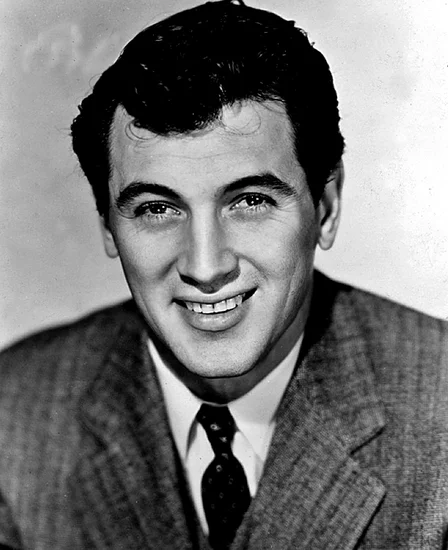
American actor Rock Hudson died, concluding a career that made him one of Hollywood’s biggest stars. His death from AIDS-related complications brought unprecedented attention to the epidemic.
Hudson’s revelation of his illness helped change public perception of AIDS and homosexuality. His courage in facing his diagnosis publicly contributed to increased awareness and research funding for the disease.
2005 – August Wilson, Playwright Extraordinaire

American playwright August Wilson died, leaving behind a remarkable body of work that chronicled the African-American experience throughout the 20th century. His Pittsburgh Cycle of plays won numerous awards including two Pulitzer Prizes.
Wilson’s theatrical works gave voice to African-American stories often overlooked by mainstream culture. His plays like “Fences” and “The Piano Lesson” brought Black experiences to Broadway and changed American theater forever.
1996 – Robert Bourassa, Quebec Premier

Canadian lawyer and politician Robert Bourassa died, concluding a career that shaped Quebec’s political landscape for decades. His leadership during the Quiet Revolution and constitutional crises defined modern Quebec politics.
Bourassa’s vision of Quebec as a distinct society within Canada influenced constitutional debates for generations. His economic policies and language legislation helped establish Quebec’s unique identity in the Canadian confederation.
1988 – Hamengkubuwono IX, Indonesian Leader

Indonesian politician Hamengkubuwono IX passed away, ending the life of a remarkable leader who served as Vice President of Indonesia. His role in the Indonesian independence movement and subsequent political career made him a national hero.
As Sultan of Yogyakarta and national political leader, he bridged traditional Javanese culture with modern Indonesian politics. His commitment to education and cultural preservation helped shape Indonesia’s national identity.
Holidays and Observances on October 2
Gandhi Jayanti Celebrates Peace
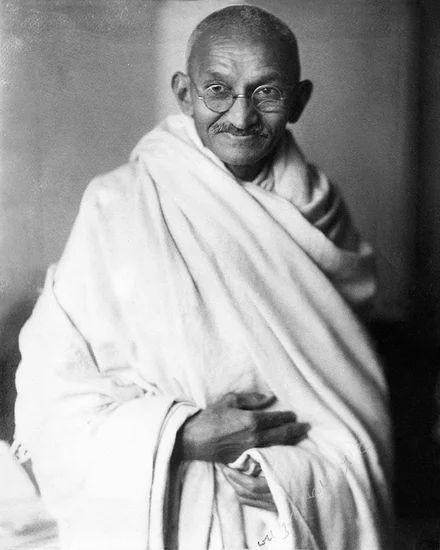
India observes Gandhi Jayanti, commemorating the birth of Mahatma Gandhi and celebrating his philosophy of non-violence and peaceful resistance. This national holiday honors one of history’s greatest advocates for human rights and social justice.
The observance extends beyond India through the International Day of Non-Violence, recognized by the United Nations. Gandhi’s principles of peaceful protest and civil disobedience continue to inspire social movements worldwide.
International Day of Non-Violence
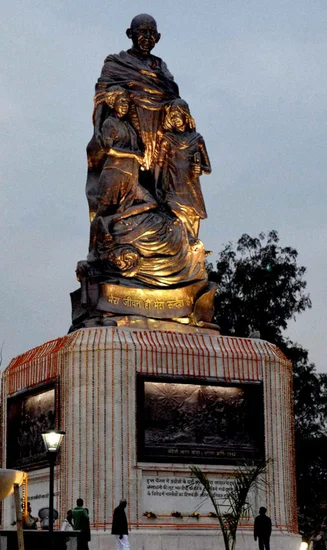
The United Nations recognizes the International Day of Non-Violence, promoting Gandhi’s philosophy of peaceful resistance to injustice. This global observance encourages peaceful solutions to conflicts and social problems.
The day serves as a reminder that non-violent methods can achieve significant social and political change. Educational institutions and peace organizations worldwide use this day to promote conflict resolution and social harmony.
Guinea Independence Day
Guinea celebrates its Independence Day, marking the country’s liberation from French colonial rule in 1958. This national holiday commemorates Guinea’s bold decision to choose independence over continued colonial association with France.
The celebration honors Guinea’s courage in becoming the first French West African colony to achieve complete independence. The day reflects the nation’s commitment to sovereignty and self-determination despite initial economic hardships.
